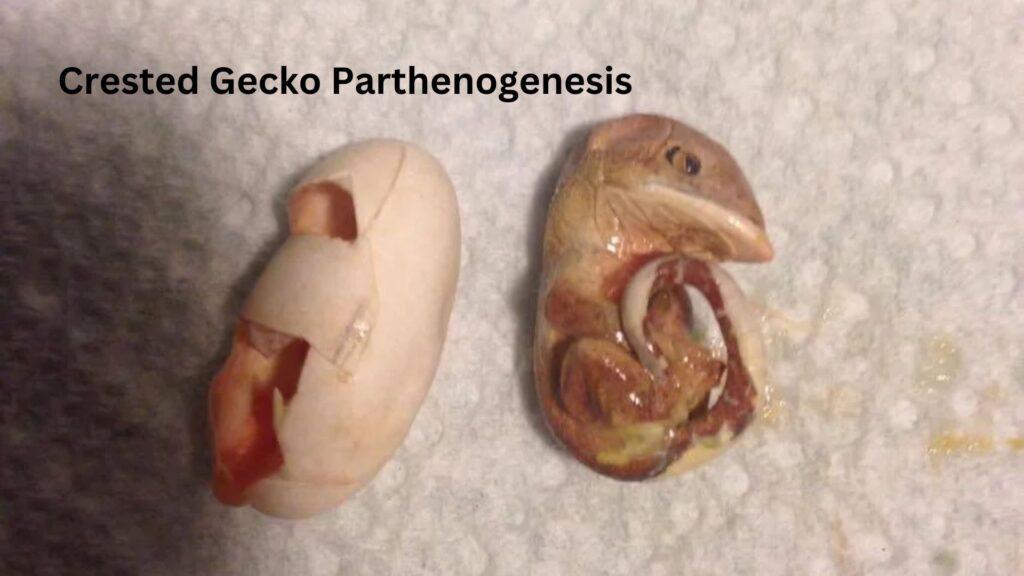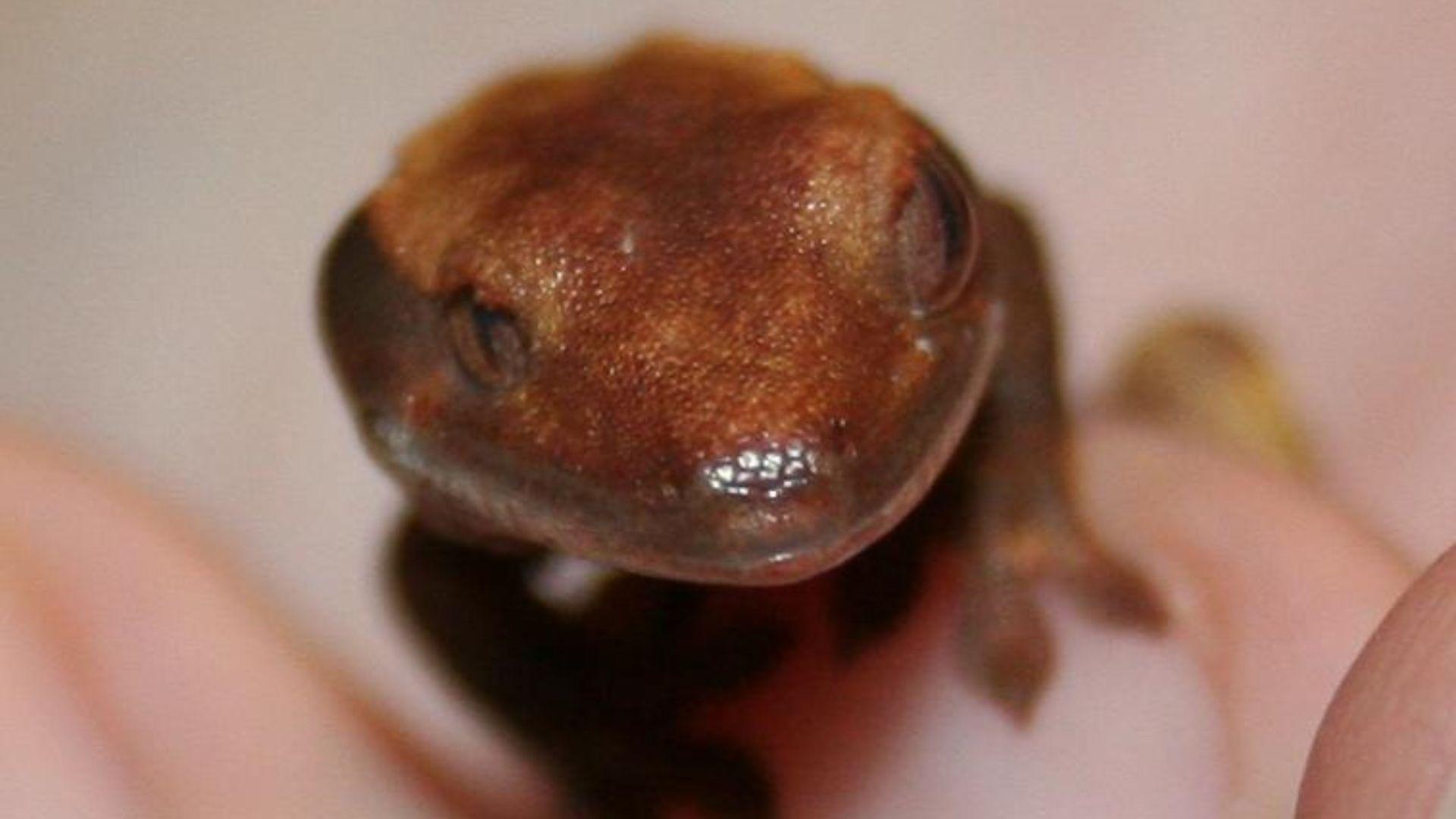
Key Takeaway:
- Parthenogenesis is a type of asexual reproduction in which the egg gets fertilized without sperm.
- Not all asexual reproduction is parthenogenesis.
- Crested geckos have shown rare occurrences of parthenogenic reproduction.
Crested geckos are popular pets, known for their distinctive appearance and low maintenance requirements.
However, recent reports have raised questions about their reproductive capabilities, specifically regarding the occurrence of parthenogenesis.
Parthenogenesis is a natural phenomenon where an egg develops without fertilization by sperm.
In this article, we will discuss what is known about crested gecko parthenogenesis, the implications for breeding and pet ownership, and what this means for the future of the species.
What Is Parthenogenesis?
Parthenogenesis is a form of asexual reproduction where an egg develops into offspring without fertilization by sperm.
In other words, it is a method of reproduction in which an egg develops into a new individual without the need for sperm from a male.
This can occur in some species of plants, invertebrates, and reptiles, and is considered a rare occurrence in mammals.
In parthenogenic reproduction, the offspring is typically a genetic clone of the mother.
Is Parthenogenesis The Same As Asexual Reproduction In Crested Geckos?
Parthenogenesis is a specific type of asexual reproduction, but not all asexual reproduction is parthenogenesis.
Asexual reproduction refers to any process by which an organism produces offspring without the involvement of gametes or fertilization.
This can include methods such as budding, fragmentation, and self-fertilization.
Parthenogenesis, on the other hand, specifically refers to the development of an egg into an offspring without fertilization by sperm.
In crested geckos, some instances of parthenogenesis have been reported, but it is not known to be a common method of reproduction in this species.

Does Parthenogenesis Occur In Crested Geckos?
Yes, parthenogenesis has been reported to occur in crested geckos, although it is not a common method of reproduction in this species.
Crested geckos are typically sexually reproducing animals, with both male and female individuals producing sperm and eggs, respectively.
However, in some cases, female crested geckos have been reported to lay fertile eggs that have developed into offspring without fertilization by sperm.
These instances of parthenogenesis are believed to be rare, but more research is needed to determine the exact frequency and causes of this phenomenon in crested geckos.
How Does It Occur In Crested Geckos?
The exact mechanisms by which parthenogenesis occurs in crested geckos are not well understood, and more research is needed to fully understand the phenomenon.
However, it is believed to be a type of facultative parthenogenesis, where the egg has the potential to develop into an offspring without fertilization, but is capable of being fertilized if sperm is present.
This type of parthenogenesis has been observed in some reptiles and is believed to be triggered by environmental factors such as stress or lack of a mating partner.
It is not known if similar factors are responsible for inducing parthenogenesis in crested geckos.
Parthenogenesis In Crested Gecko Eggs
In crested geckos, parthenogenesis has been reported to occur in eggs laid by female individuals.
These eggs have been observed to develop into offspring without fertilization by sperm from a male.
It is important to note that these instances of parthenogenesis in crested geckos are believed to be rare and not the typical method of reproduction in this species.
Crested geckos are generally sexually reproducing animals, with both male and female individuals producing sperm and eggs, respectively, that combine during fertilization to produce offspring.
The exact mechanisms by which parthenogenesis occurs in crested gecko eggs are not well understood and more research is needed to determine the causes and frequency of this phenomenon.
Do The Eggs Hatch?
Yes, in instances of parthenogenesis in crested geckos, the eggs have been reported to hatch and develop into viable offspring.
This suggests that the eggs are capable of developing into new individuals without the need for fertilization by sperm.
Summary
Parthenogenesis, the development of an egg into an offspring without fertilization by sperm, has been reported to occur in crested geckos, although it is not a common method of reproduction in this species.
The exact mechanisms and causes of parthenogenesis in crested geckos are not well understood, and more research is needed to determine its frequency and implications for the species and its captive populations.
Despite this, crested geckos are generally sexually reproducing animals, and most offspring are produced through the combination of sperm and egg during fertilization.
Nevertheless, the occurrence of parthenogenesis in crested geckos highlights the potential for asexual reproduction in some reptiles and the importance of continued research in this area.

